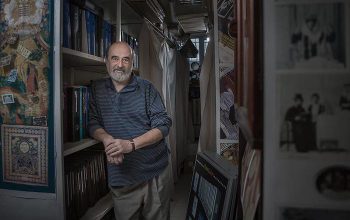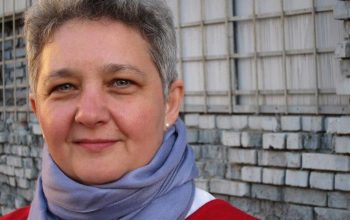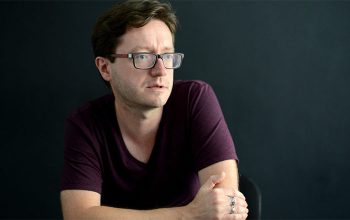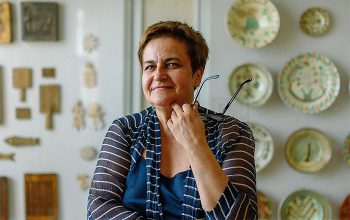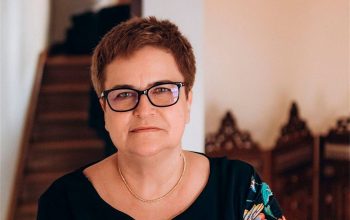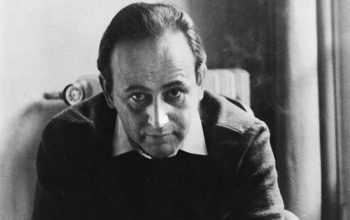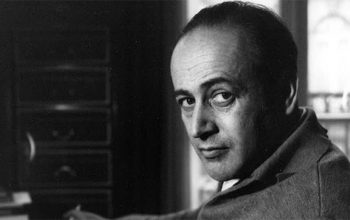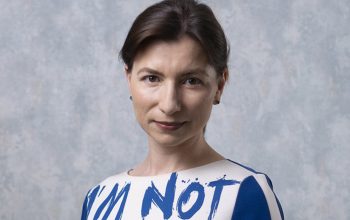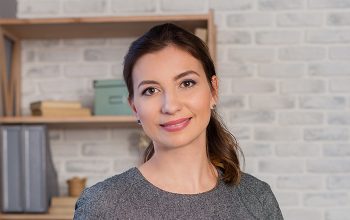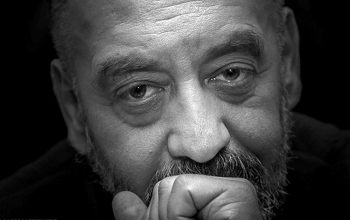The tradition of mutual influence in the cultures of humankind is immense, and we do not know much about it: Leonid Finberg
A conversation about new books published by Dukh i Litera Our guest on today’s show is Leonid Finberg, director of the Center for the Studies of History and Culture of East European Jewry and editor...

